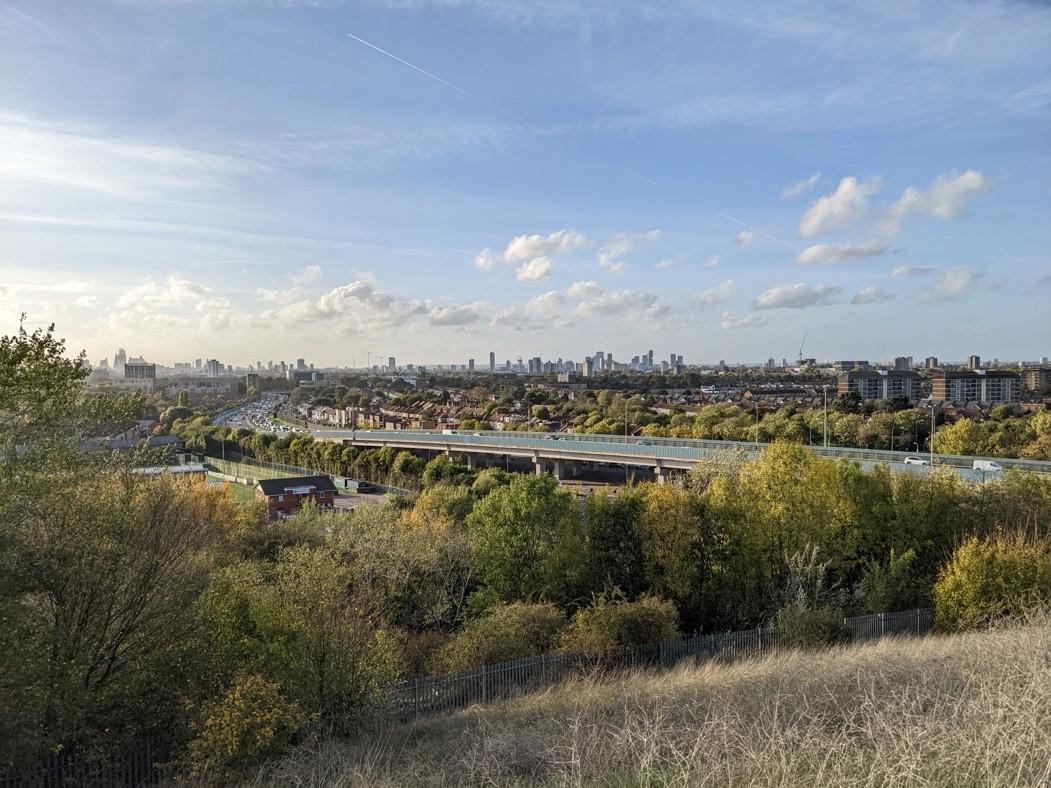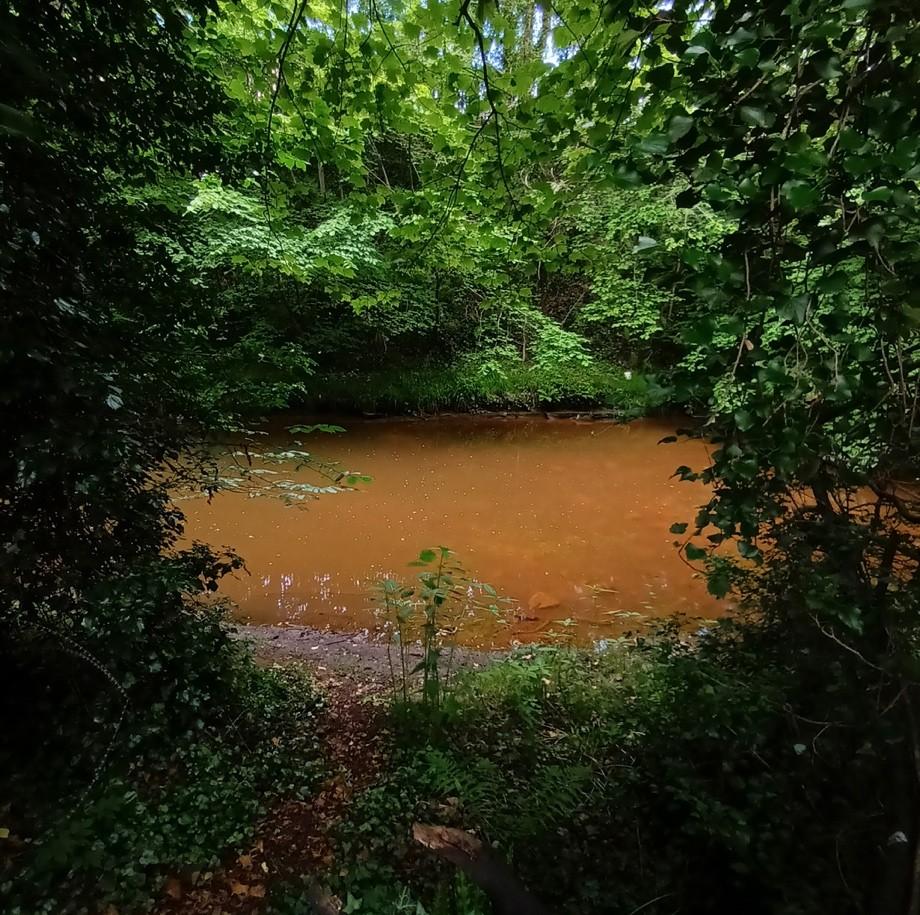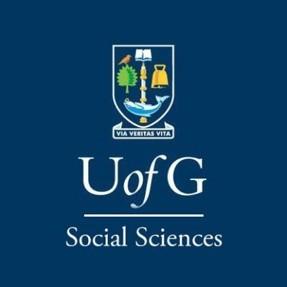The University of Glasgow Urban Studies and Social Policy Division in collaboration with the Glasgow School of Art’s Reading Landscape group. Third seminar in the series Wastelands and the City
Recovering Wastelands : Discovering Community
Speakers: Les Back, Jonathan Gardner, and Nicky Bird
Respondent: Johnny Rodger
Thursday 31 October 2024, 3-5.30 pm.
Reid Lecture Theatre, Glasgow School of Art 164 Renfrew Street, Glasgow G3 6RQ https://www.eventbrite.co.uk/e/recovering-wastelands-discovering-communitytickets-1026707167777
Bookings open: Tuesday 24 September 12 noon
Bookings close: Thursday 31 October 12 noon
Wastelands speak to us as “waiting lands” (to borrow from the German term die Brachen) – but what are they saying to us? What knowledges, skills and practices do we need to engage with them? What kind of futures could wastelands have in the city (of Glasgow and beyond)? Often seen as dormant, useless or derelict land, wastelands are also places of nature and social life. They are sites of risk and play; non-design and regulation; property rights and trespass; contamination and renewal. Wastelands are, then, places of paradox, which lay bare the complex actualities of cities whilst also suggesting alternatives ways of making them.
In our third seminar in the Wastelands and the City series, entitled Recovering Wastelands : Discovering Community, with Les Back, Jonathan Gardner, and Nicky Bird, we bring together a sociologist, an archaeologist, and an artist to think dynamically and openly about the possibilities afforded by such sites as well as to reveal the engagements already taking place in Glasgow and elsewhere. Johnny Rodger, Professor of Urban Literature at the Glasgow School of Art, will act as initial respondent to the speakers’ presentations.
Are Wastelands Ever Wasted?
Les Back
In this talk Les Back makes an argument for the value of 'wastelands' beyond the logics of developers. Commodification of land and speculation admits a very narrow definition of what it to be valued. Through exploring a range of examples from his work in London and Glasgow he argues that the development logic both commodifies and securitises urban space. He suggests the wasteland can also be a landscape of enchantment and an interesting place to think about the different sorts of values that are at play in cities and city life. The fortunes of cities that are made and built through economic values and interests is only one aspect of the life of a city, and the claim that the natural world has on these places that we call cities. The natural world has its own values, has its own rhythm, its own commitments, its own ways of shaping and claiming the places that we call Glasgow or London. In order to notice and document these invisible and mute possibilities, we need to be able to open one's eyes, clear one's ears, and sense that possibility, and those different kinds of not only pasts, but the different kinds of conditions of the present and the possibilities of the cities of the future.
Les Back is Professor of Sociology at the University of Glasgow. He is also a journalist, broadcaster and musician. His published work is mainly in the areas of the sociology of urban culture, race and racism, music and sport. His book Migrant City (Routledge, 2018) (co-authored with Shamser Sinha,
Charlynne Bryan, Vlad Baraka & Mardoche Yembi) develops an experimental mode of co-creation in which research participants are also credited as authors. Most recently he has published The Unfinished Politics of Race (University of Cambridge Press, 2022) with colleagues Michael Keith, John Solomos & Kalbir Shukra. More information can be found here: https://www.gla.ac.uk/explore/glasgowsocialscienceshub/resources/all/headline_1077769_en.html

The view back to central London (looking west) over the A13 from the peak of the Beckton Alp, East London. Courtesy of J. Gardner, CC BY-NC-ND.
Atop the Beckton Alp: scaling East London’s waste mountain
Jonathan Gardner
The Beckton Alp is a 35-metre-high summit constructed from a century’s worth of toxic waste produced by Beckton Gas Works. Once part of a whole range of ‘Alps,’ this now-lonely mountain towers over the flatlands of East Ham as one of the few remnants of what was the largest gas works in the world. Following the end of coal gas production here in 1969, the Alp was reshaped and took on a new life; first as an artificial ski slope within a Thatcherite regeneration scheme, then as a rubbish-strewn wildlife haven and occasional node of artistic and literary hubris. In this talk, I take the Alp’s mountain-ness seriously, ascending its fossilfuelled slopes to reach the strange, final, peak of our wasteful society.
Jonathan Gardner is an archaeologist and heritage researcher who studies industrial-scale landscape transformations. He was recently appointed a Chancellor’s Fellow in Archaeology, at the University of Edinburgh, where he is examining Scottish hydrocarbon resources as contested heritage. He also just completed a Leverhulme Early Career Fellowship at Edinburgh College of Art examining the reimagining of waste landscapes. These include the bomb rubble-filled Hackney Marshes, the shale bings of West Lothian, and the reclaimed Edinburgh shoreline. He completed his doctorate at the UCL Institute of Archaeology (2012-17) and recently published a book based on this research: A Contemporary Archaeology of London’s Mega Events: from the Great Exhibition to London 2012.

from Mineworkings (2023-24):
‘Sometimes, you smelt the water before you seen it…’ Nicky Bird
These are the words of former mineworker Thomas Dickson taken from Nicky Bird’s interview with him as part of Mineworkings, 2023-24. This project revisited a number of Scottish mining communities, working with photographs, audio reminiscences, and other memorabilia. The inspiration for Mineworkings was the photographs of Scottish mineworkers and their families taken by the American photographer Milton Rogovin in 1982. With his contact sheets as starting points, Mineworkings aimed to realise new artwork through close collaboration with those same communities. The resulting artworks were featured alongside Milton Rogovin’s photographs in 'Before and After Coal: Images and Voices from Scotland's Mining Communities' at the National Galleries of Scotland, Edinburgh, (23 March to 15 September 2024) during what is the 40-year anniversary of the miner’s strike. In this seminar, Nicky will reflect on the mining memorabilia that Thomas Dickson shared with her, on how and why an image-making practice was then expanded to understand the social and environmental marks left in, what once was, a coal mining landscape.
Nicky Bird is an artist whose work considers contemporary relevances of found photographs and latent histories of specific sites, investigating how they remain resonant. Her work incorporates new photography with oral histories and collaborations with people who have significant connections to the original site and its photographic archive. Recent commissioned projects and exhibitions include: Before and After Coal – Images and Voices from Scotland’s Mining Communities, National Galleries of Scotland (2024); Going through the Mill, Signal Film & Media, Barrow-in-Furness (2022); Legacy, Street Level Photoworks, Glasgow (2021) and The Decorators, Art Walk Projects (2020-21).
More information can be found here: https://www.nickybird.com/ Before and After Coal
https://www.nationalgalleries.org/exhibition/before-and-after-coal-images-and-voices-scotlandsmining-communities
Images and Voices from Scotland’s Mining Communities
https://www.nationalgalleries.org/art-and-artists/features/images-and-voices-scotlands-miningcommunities
Respondent Johnny Rodger
Johnny Rodger is Professor of Urban Literature at the Glasgow School of Art. His latest publications include:
Key Essays: Mapping the Contemporary in Literature and Culture (2021, Routledge); Glasgow Cool of Art: 13 Books of Fire at the Mackintosh Library (2022, The Drouth); and the forthcoming Housing Film (2024, Edinburgh University Press).
More information about Johnny’s research and publications can be found here: https://radar.gsa.ac.uk/profile/260
This seminar series is organised by Ross Beveridge (ross.beveridge@glasgow.ac.uk) and Susan Brind (s.brind@gsa.ac.uk) and supported by the University of Glasgow Urban Studies and Social Policy Division and the Glasgow School of Art Reading Landscape group.


